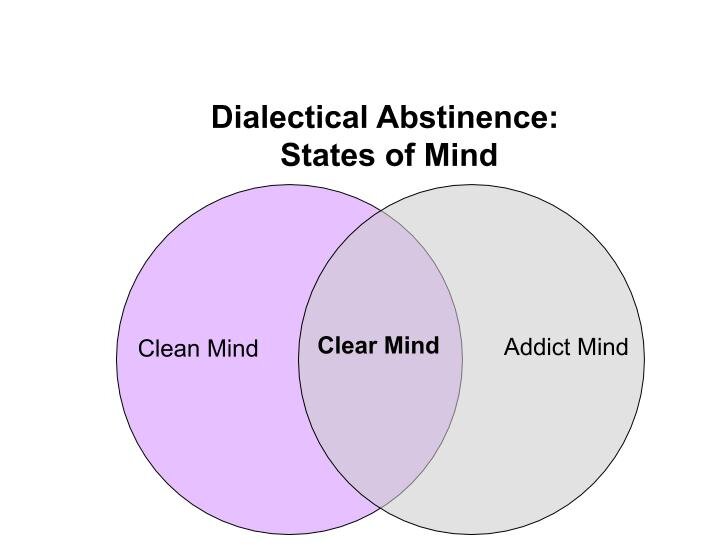

Greater interactivity was observed among the students involved in the project, in meeting the demands and in the appropriation of bibliographies related to the subject, with an increase in the interaction of the project members with one another.
.jpg)
The most effective adaptation was the concentration of activities that fed the project’s social network, carried out in two main ways: the production and weekly publication of virtual content on Geodiversity, alternating with live broadcasts. In this sense, the present study aimed to describe an experience report of the “Civil DOC” project, by way of action research, to expose and discuss the challenges of ICT use as a support for remote teaching-learning practices in times of social isolation. We also thank the reviewers who have helped to improve the structure of the paper considerably.In view of the scenario generated by the COVID-19 pandemic, some academic activities hadto be canceled or adapted to remote education, which, in a way, boosted the use of Information and Communications Technology (ICT) tools as facilitators of teaching and learning. We appreciate the valuable advice and information from BREEAM NL, REWIN, Buck Consultants International, Bouwinvest, LCB, Noord-Brabant, Ministries of Infrastructure and Water as well as Internal Affairs, Studio Marco Vermeulen, DPD, CTP and CBRE. And the (other) interviewees: commercial director Greenport Venlo Development Company, economic policy advisor Roosendaal, planning strategist Limburg, planning strategist Horst aan de Maas, logistics developers VGP Benelux, logistics development consultant Stec Group, director logistics real estate DSV, head strategic tenant relations logistics Deka Immobilien, international partner / head of industrial and logistics Netherlands Cushman & Wakefield, director of Holland International Distribution Council. The authors thank Christian Heerings, Hanneke Bruinsma and Erik Harting for their crucial introductions. Unlike often assumed in the literature, internationalization has – next to stimulating the growth of XXL DCs – contributed to more sustainable location choices and landscape integration. Our study suggests that multilevel planning competencies and international market standards are important variables in explaining XXL DC outcomes. Existing planning instruments that could steer logistics developments, such as environmental and employment quality regulations, are largely left unused.

We find that specific incentives in the Dutch decentralized planning and legal-financial system contribute to logistics sprawl. Our analyses shed light on the motivations of public and private actors as well as the (lack of) planning rules that shape these transactions. This paper aims to improve our understanding of this process, analysing the decisions of key stakeholders in the planning-development dialectic behind four exemplary XXL DC transactions, in the Netherlands. Although the emergence of XXL DCs has gained traction in academic research, empirical knowledge about the process that leads to their oft-debated location choice, geometry and landscape integration is still scarce. In Europe, very large distribution centres (XXL DCs) are increasingly appearing on planning agendas due to their growing spatial footprint and environmental impacts.


 0 kommentar(er)
0 kommentar(er)
